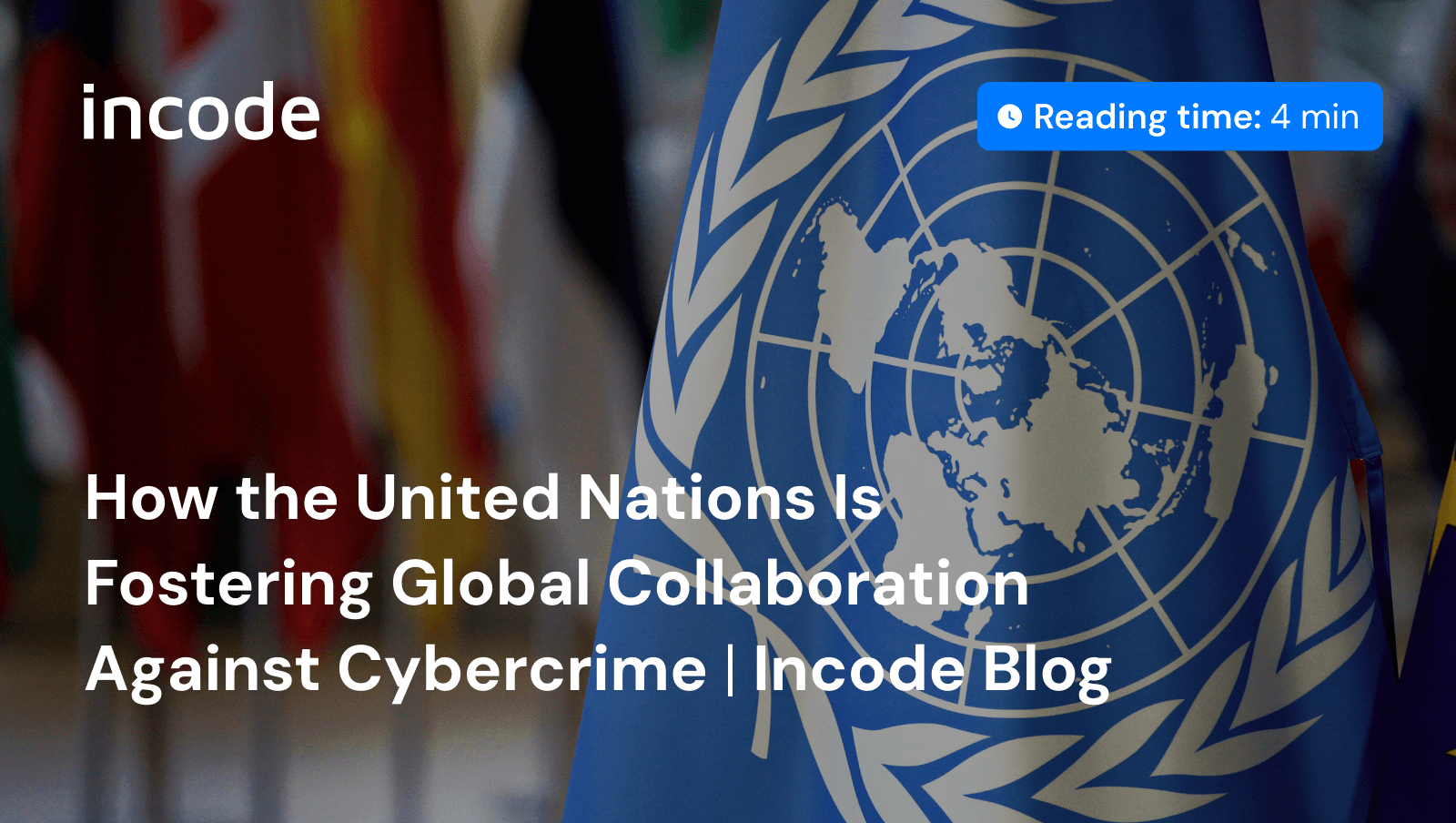How the United Nations Is Fostering Global Collaboration Against Cybercrime | Blog
In December 2024, the United Nations General Assembly marked a milestone in global cybersecurity by adopting the United Nations Convention against Cybercrime.
This treaty represents a crucial step forward in the international community’s commitment to working together to combat cyber threats. In a globally connected world, cybercrime knows no borders. In this article, we explore its significance and context in relation to past legislation aimed at tackling the growing challenges of cybercrime.
Historical Context and International Legislation
Historically, the global approach to cybercrime has been fragmented. The pioneering Budapest Convention on Cybercrime, established by the Council of Europe in 2001, was among the first legal frameworks aimed at addressing cyber threats and facilitating international cooperation. However, its adoption was not universal, leaving significant gaps in global cyber defense.

Different nations have developed their own cybersecurity laws and institutional frameworks tailored to local challenges:
- United States: Laws like the Computer Fraud and Abuse Act (CFAA) and sector-specific regulations such as the Health Insurance Portability and Accountability Act (HIPAA) underscore the USA’s approach to cybercrime, which strikes a balance between enforcing security and protecting civil liberties.
- European Union: The EU’s General Data Protection Regulation (GDPR) has set a benchmark in data protection, with strict penalties for breaches, thereby enhancing cybersecurity indirectly.
- China: With its Cybersecurity Law enacted in 2017, China integrates cybersecurity into its national security strategy, emphasizing data control and operational requirements for critical infrastructures.
- India: The Information Technology Act of 2000 in India illustrates the growing recognition of the need for robust legal measures to secure electronic commerce and data exchange.
- Argentina: Argentina has established a Computer Security Incident Response Team (CSIRT), known as CERT.ar, and has a comprehensive national cybersecurity plan.
- Chile: Chile recently enacted a new Cybersecurity Law aimed at protecting critical infrastructure and increasing cybersecurity across various sectors.
- Brazil: Brazil set up a national Cyberdefense Center to protect government assets and critical infrastructure. The country also invested significantly in cybersecurity, especially during major events like the World Cup and the Olympics.
Key Features of the UN Convention against Cybercrime
The UN Convention against Cybercrime draws from these varied examples to forge a comprehensive, globally-inclusive framework. It addresses the increasingly interconnected nature of cyber threats with several key initiatives:
- Enhanced International Cooperation: The convention establishes mechanisms for better collaboration across borders, crucial for tracking and prosecuting cybercrime which often spans multiple jurisdictions.
- Human Rights Protection: It is committed to protecting individual rights online, targeting crimes like online harassment and identity theft.
- Child Protection: Explicit provisions to protect minors from online exploitation set this convention apart, highlighting a collective commitment to safeguarding vulnerable populations.
- Support for Victims: The convention mandates support systems for cybercrime victims, ensuring they have access to necessary legal and recovery services.
- Preventive Strategies: Emphasizing not just reactive measures, the convention advocates for preventive actions through public education and strengthening cybersecurity infrastructures.

Implications and Forward Movement
Scheduled to open for signatures in Hanoi, Vietnam, in 2025, the convention will activate 90 days following ratification by the 40th signatory state. This process underscores the global nature of the challenge and the unified response it demands.
This new legal framework is not merely about creating rules; it’s about fostering a secure, resilient digital world where economic and social exchanges are protected.

Conclusion
The adoption of the United Nations Convention against Cybercrime signifies a renewed global commitment to strengthening cybersecurity.
The UN aims to secure a digital future that is safe for all, emphasizing that in our digital age, cybersecurity is not just a technical necessity but a fundamental right; which is the cornerstone of creating safe, economically inclusive, and prosperous civil societies.
